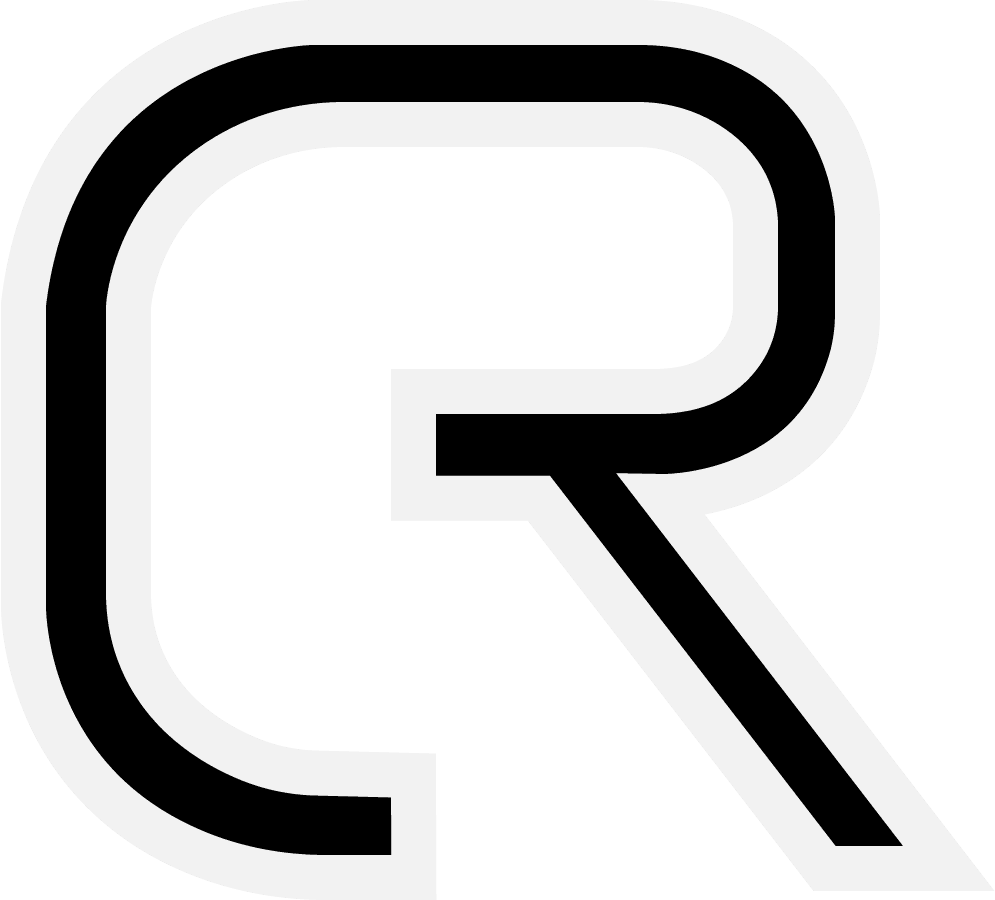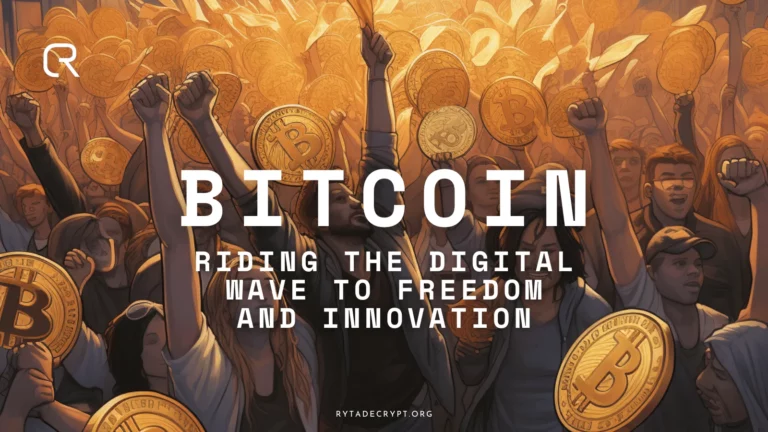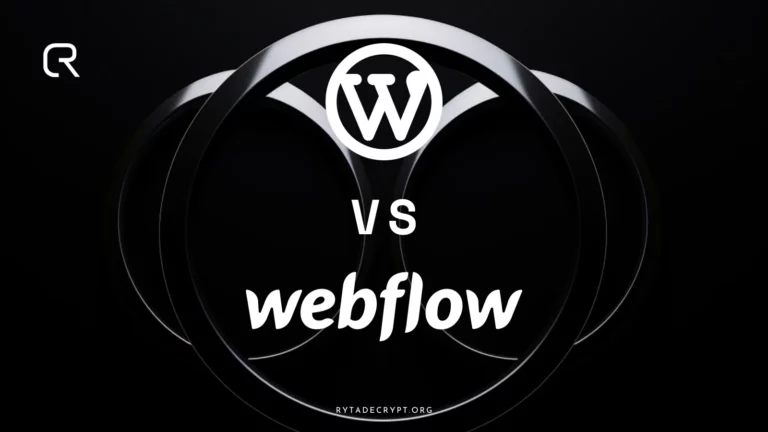Non-Fungible Tokens (NFTs) have revolutionized the digital art and collectibles industry, allowing creators to tokenize their work and sell it on blockchain-based platforms. As NFTs continue to gain popularity, various NFT marketplaces have emerged to cater to the diverse needs of artists, collectors, and enthusiasts. In this blog post, we will take a deep dive into the most popular NFT markets, showcasing their unique features and contributions to the NFT ecosystem.
- OpenSea
OpenSea is undoubtedly one of the most recognized names in the NFT space. It’s an Ethereum-based marketplace that offers a wide range of digital assets, including art, music, virtual real estate, and more. OpenSea’s user-friendly interface and broad selection of NFTs make it a go-to platform for both creators and collectors.
- Rarible
Rarible is a decentralized NFT marketplace that empowers creators to mint and sell their NFTs without extensive coding knowledge. It also features a governance token, RARI, that allows users to shape the platform’s future. Rarible is known for its innovative approach to NFT curation and governance.
- Nifty Gateway
Nifty Gateway is a premier NFT marketplace known for hosting high-profile drops and auctions. What sets it apart is the ability to purchase NFTs with a credit card, making it more accessible to newcomers. Additionally, Nifty Gateway offers an interactive and immersive experience for collectors.
- Foundation App
Foundation App is a platform built on Ethereum that focuses on social interactions within the NFT community. Creators can host auctions, and users can participate in conversations around NFTs. It’s a unique marketplace that emphasizes the social aspect of NFT creation and ownership.
- SuperRare
SuperRare is dedicated to high-end digital art. It offers a platform for artists to tokenize their unique creations, often fetching substantial prices. SuperRare’s curation and focus on quality have made it a favorite among artists seeking to enter the NFT market.
- KnowOrigin
KnowOrigin is an Ethereum-based NFT marketplace that champions digital artists. It emphasizes community engagement and offers artists a supportive environment to mint and sell their NFTs. KnowOrigin focuses on fostering a close-knit community of creators and collectors.
- Polygon
Polygon, a Layer 2 scaling solution for Ethereum, has become a hub for NFT activity due to its lower transaction fees and faster processing times. Several NFT marketplaces, such as OpenSea, have integrated with Polygon to provide users with a more cost-effective NFT experience.
- Avalanche NFT
Avalanche NFT is a marketplace built on the Avalanche blockchain. It offers fast and secure transactions, making it a solid choice for NFT enthusiasts. The platform supports various NFT standards and has attracted a growing user base.
- Hedera NFT
Hedera Hashgraph, known for its speed and security, has also ventured into the NFT space. Hedera NFT enables artists and creators to mint NFTs on its platform while benefiting from the network’s features.
- Ordinals/Inscriptions on Bitcoin
While Bitcoin primarily focuses on fungibility, some projects are exploring ways to attach unique data, such as inscriptions and ordinals, to Bitcoin transactions. These innovations aim to bring non-fungibility to the Bitcoin blockchain.
- Lightning NFT Projects
Lightning Network, a second-layer scaling solution for Bitcoin, is also being explored for NFT use cases. Lightning NFT projects aim to combine the security of Bitcoin with the speed of Lightning transactions, opening up new possibilities for NFT creators.
- RGB NFTs on Bitcoin
RGB is a protocol that enables NFTs on the Bitcoin blockchain by creating unique tokens with distinct properties. This allows for the creation of non-fungible assets within the Bitcoin ecosystem, expanding its utility beyond just a store of value.
Conclusion
The NFT market landscape is continuously evolving, with new platforms and technologies emerging regularly. Each of the NFT markets mentioned above brings its unique strengths and offerings to the table, catering to different preferences within the NFT community. Whether you’re an artist looking to tokenize your work or a collector seeking to expand your digital portfolio, there’s a marketplace that suits your needs. As the NFT space continues to grow, staying informed about these platforms is essential for anyone interested in the world of digital collectibles and blockchain technology.



